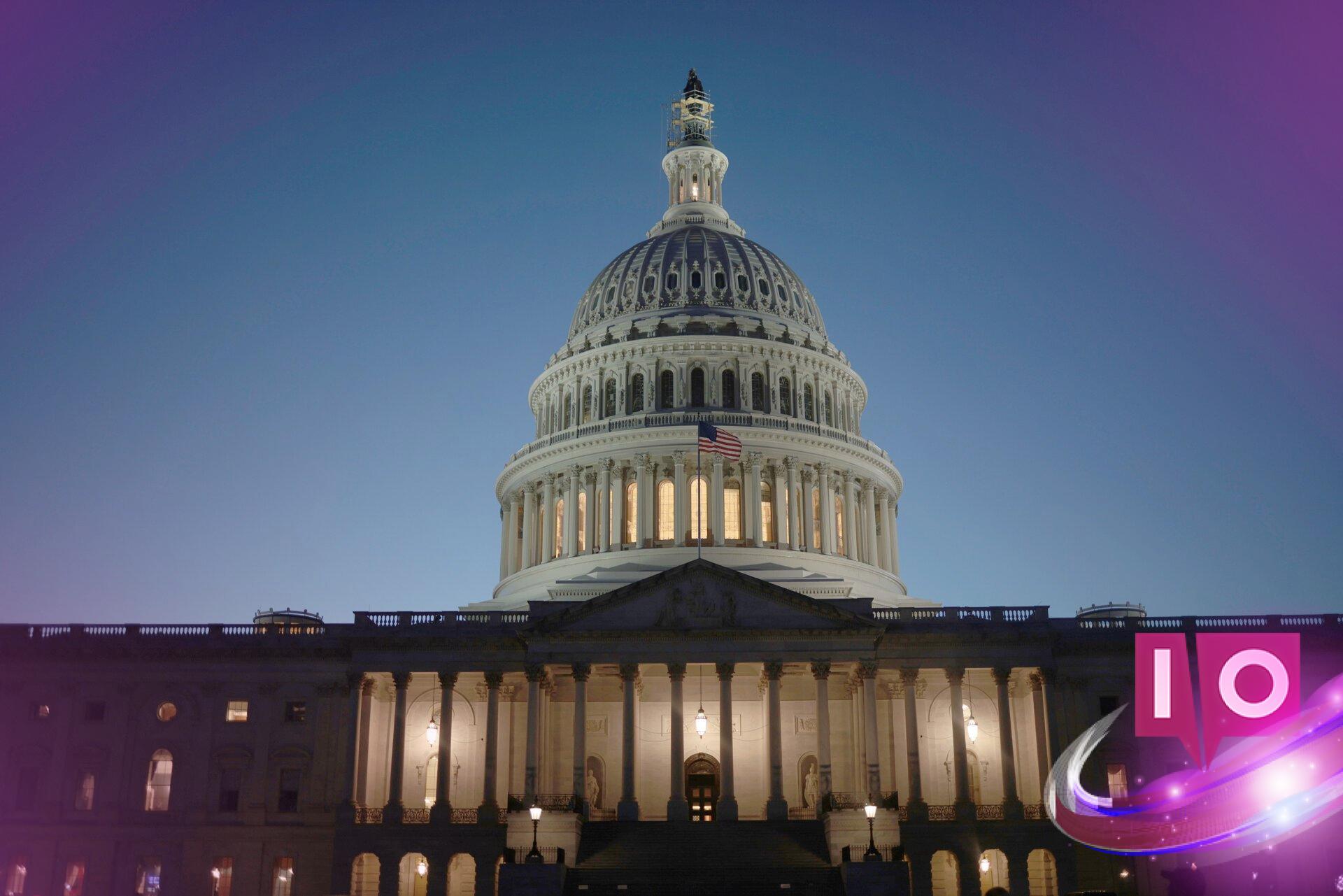In an era where artificial intelligence is rapidly reshaping industries, it’s now making its way into the heart of our government’s operations. A recent report from Axios reveals that Microsoft’s AI chatbot, Copilot, is set to be introduced to staff in the House of Representatives. While lawmakers will use the tool, its specific applications remain somewhat unclear.
The House is starting to incorporate M365 Copilot in an initiative aimed at embedding AI into its daily processes. Speaker of the House Mike Johnson is expected to unveil this initiative during the upcoming Congressional Hackathon, as noted by Axios.
This collaboration is part of a growing trend where AI companies are offering their services to government entities for a nominal fee—sometimes as low as one dollar. An email obtained by Axios from House Chief Administrative Officer Catherine Szpindor indicates that discussions are underway to evaluate the viability of these offers. The plan is to assess these platforms’ enterprise functionalities over the next year.
Axios further claims that the chatbots will feature enhanced legal and data protections. However, the specifics of these protections remain vague. Gizmodo has reached out to both Microsoft and the House for clarification.
It raises an important question: Should Congress really be adopting a technology that it is still in the process of figuring out how to regulate? There have been concerning incidents where AI has demonstrated erratic behavior and, in some cases, has led to dangerous psychological effects on users. In a time when Congress seems to struggle with clarity in the laws they create, introducing AI may not be the best path forward.
AI has also emerged as a significant data privacy concern. It has contributed to legal battles over copyright issues, with notable cases such as Anthropic’s recent $1.5 billion settlement for utilizing pirated content to train its AI models. With such implications, one must question the reliability of AI as an informational tool for lawmakers.
What Are the Risks of Using AI in Government?
Using AI in government raises several potential risks. These include issues surrounding data privacy, misinformation, and reliance on potentially faltering technology. The apprehension stems from instances where AI has proven unreliable or has been involved in serious legal disputes.
Why Not Trust AI with Legislative Information?
The truth is, AI has shown a tendency to misinterpret or provide incorrect information. Given that Congress is already facing challenges in fully grasping the legislation they are enacting, trusting AI to supplement this process may not be advisable.
Will Enhanced Legal Protections Change Anything?
Enhanced legal and data protections might seem reassuring, but without transparency about what these protections entail, skepticism remains. Are these measures sufficient to safeguard sensitive information in a governmental context?
How Will This AI Rollout Impact Staff and Operations?
The true impact of this rollout is yet to be seen. It is essential for the government to evaluate the efficiency and reliability of such technology before fully embracing its integration into daily operations.
In conclusion, as AI continues to permeate various sectors, its introduction into Congress presents both opportunities and challenges. While innovation is crucial, it is equally important to proceed with caution, ensuring that our legislative process remains robust and sound. For more insights and related content, feel free to explore Moyens I/O.
